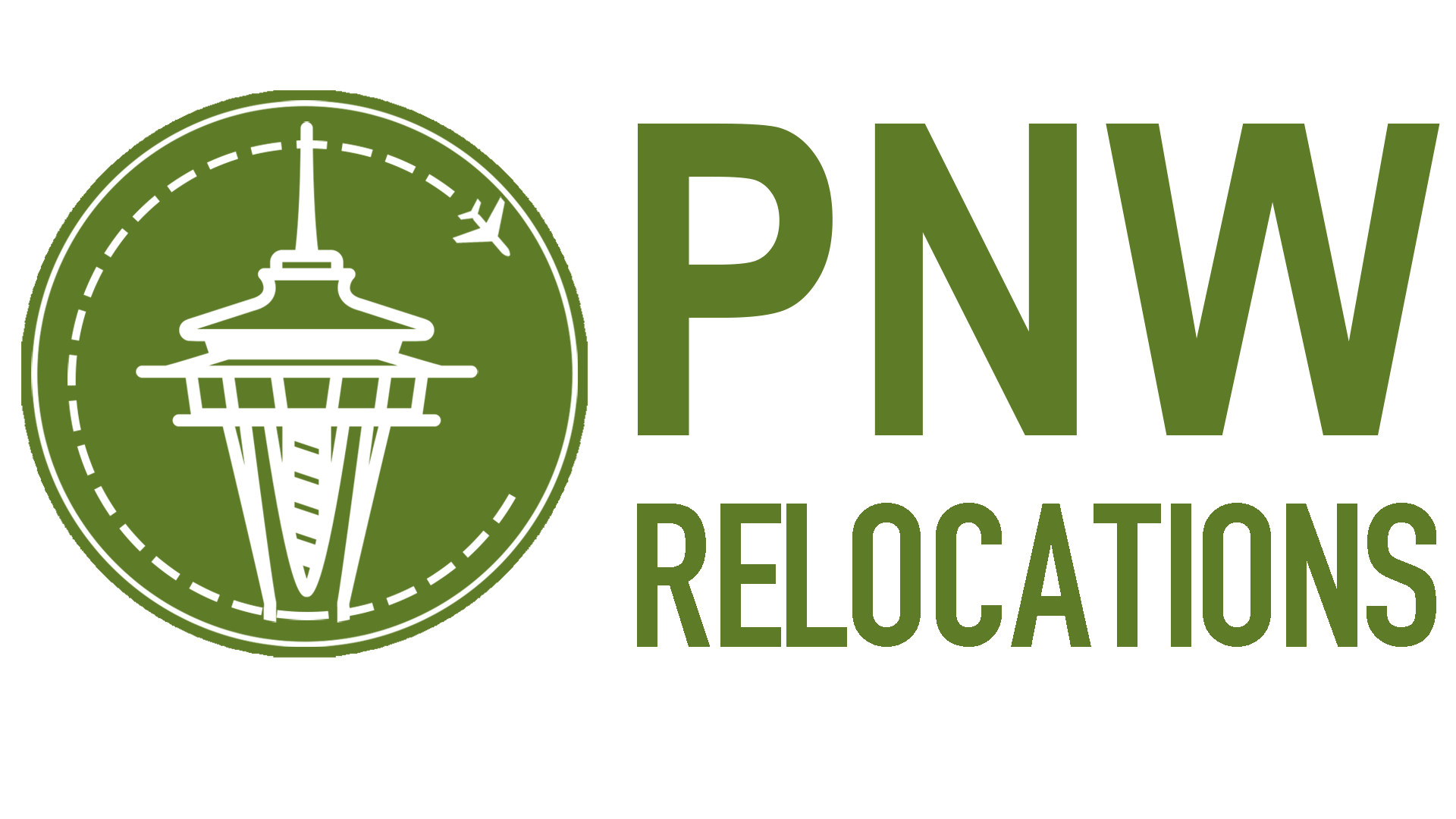Lump Sum vs Fully Assisted Corporate Relocation | 5 Things You Should Know
Choosing between a fully assisted move and a lump sum can be a tough decision. Fully assisted moves aren’t right for everyone, but they can often save you a substantial amount of money. That’s why it’s so important to understand the costs and benefits of a lump sum vs a fully assisted move before making your decision.
1. Temporary housing is expensive.
Average temporary housing prices are comparable to hotels in the area. If you need temporary accommodations a 1 month stay can easily eat up your entire lump sum. Average costs for 30 days of temporary housing run anywhere from $5,000 to $15,000+. This pricing fluctuates based on availability, location, whether the apartment is dog or cat friendly, and apartment size.
If you already have somewhere to stay at your destination, keep in mind that delivery spreads can take weeks. Sometimes people opt to stay in temporary housing once they realize they’ll have to camp out in their new home with paper plates and sleeping bags.
2. Do you own a home?
If you own your home at origin it’s common to have extra relocation benefits. These benefits could include additional temporary housing, or even home sale benefits. If your relocation policy has extra perks for homeowners, it’s almost always worth taking the fully assisted package. Especially if you have Buyer Value Option (BVO) benefits. Talk with your relocation management company (RMC)* designated by your employer to find out if those benefits are available or apply to your move.
3. Does your fully assisted package have a relocation allowance?
Some fully assisted moves will have an allowance for miscellaneous expenses. For example, you may have a $1,000 relocation allowance on the fully assisted move, or the option to take a $5,000 lump sum. Although the larger amount sounds more appealing at first, you’re only getting $4,000 more than the fully assisted package. That’s not much money when you consider the other benefits you get on the fully assisted move. Especially the temporary housing.
4. The fully assisted household goods shipment is way less stressful than a self move.
A fully assisted move often includes packers, moving furniture, and delivery. In comparison a 20 foot Uhaul designed for a 2 bedroom home across the country is easily $5,000. And that’s before packing materials, insurance addons, helpers, more insurance, and fuel.
Vetted corporate movers through your Relocation Management Company are often your best bet in terms of service and accountability. Your Relocation Management Company (RMC)* is your advocate, and has more pull than an individual. They also often have their best drivers and crews on the corporate jobs. Get in touch with your RMC right away to see if you can get on their schedule. They need as much time as possible to get you on their schedule.
If you don’t have flexibility, and the dates you need to move aren’t available, you may want to consider delegating someone else to be at your origin home to manage the move for you. Our Relocation Concierge will work with and lead the moving crew, manage labeling boxes, complete your transit bill of lading paperwork, and save a potential return trip for your move. Alternatively we can help unpack your home at destination so you’ll be settled in your new place in no time.
5. Self booked movers across state lines can be shady.
If you have to be at your new job before you can get movers to your house, you may feel pressured to self book a third party. If you do decide to book with a company that isn’t vetted by your Relocation Management Company (RMC)*, there are a couple of things to look out for.
Any moving company worth their salt will insist on a survey of your household goods so they can provide an accurate estimate, and will have responsive customer service. We recommend getting quotes from at least 3 moving companies. If one quote price comes in significantly under the other 2, there’s almost always a reason. It’s also worth reading online reviews.
Keep in mind movers are much more likely to get bad reviews than other businesses because people are so stressed when moving. If they have low reviews, it’s important to see why they were rated low. Keep an eye out for delivery spreads took way longer than quoted, moves that had a price change once they picked everything up, or if goods were lost and the company didn’t help.
Moving is never easy, but choosing the relocation package that fits your situation will make all the difference. Be sure to take the time to really consider the costs and benefits of your relocation policy before you make your decision. It will save you a ton of stress later on.
*We are not a Relocation Management Company (RMC). Your RMC works directly with your employer, and is someone your employer will refer you to.

